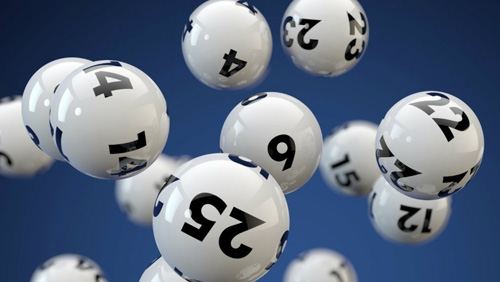Kazakhstan National Lottery has tapped the services of New York-listed game technology provider Scientific Games Corp. as its exclusive lottery supplier.
 In a disclosure to Nasdaq, Scientific Games announced that it plans to introduce instant, scratch and draw-based games to some 3,000 retailers in Kazakhstan as the exclusive supplier to the national lottery.
In a disclosure to Nasdaq, Scientific Games announced that it plans to introduce instant, scratch and draw-based games to some 3,000 retailers in Kazakhstan as the exclusive supplier to the national lottery.
JSC Satty Zhuldyz operates Kazakhstan National Lottery under a 15-year contract awarded in February 2017. Alexander Ten, president of Satty Zhuldyz, said Scientific Games’ offerings will enable them “to bring the fun and entertainment of lottery to the Republic of Kazakhstan.”
In addition to the enormous entertainment value for players, Ten hoped that the lottery will deliver important revenue to the government to support the Kazakhstan Ministry of Sports and Culture, including the Kazakhstan Olympic team.
Scientific Games’ Lottery Group Chief Executive Jim Kennedy, for his part, recognize Kazakhstan as one of the important markets in Central Asia. In terms of geographic size, Kennedy said that Kazakhstan is the world’s ninth largest country. Kazakhstan is also considered as the region’s economic powerhouse, generating 60 percent of Central Asia’s GDP, according to Kennedy.
Like Ten, Kennedy has expressed optimism that their expertise in launching lotteries in different country would have a “positive impact on the National Lottery’s performance, security and overall success for the citizens and government of Kazakhstan.”
Lottery has been one of the bread and butter of the Scientific Games, posting a total lottery revenue of $17.5 million in 2017. This is 9 percent higher than the revenue it raked in 2016.
Scientific Games’ operating income from lottery in 2017 rose $84.2 million, primarily reflecting the benefit from higher revenue and lower depreciation and amortization.
Adjusted earnings before interest, taxes, depreciation, and amortization (AEBITDA) jumped 20 percent to $94.6 million last year compared to $79.1 million in 2016. AEBITDA improved to 43.6 percent, primarily reflecting the revenue increase and a more profitable revenue mix partially offset by higher selling, general and administrative expense.
The most popular offering of Scientific Games is Instantgames. Its revenue rose 8 percent to $10.6 million. The bulk of Instantgames’ revenue came from the United States.





